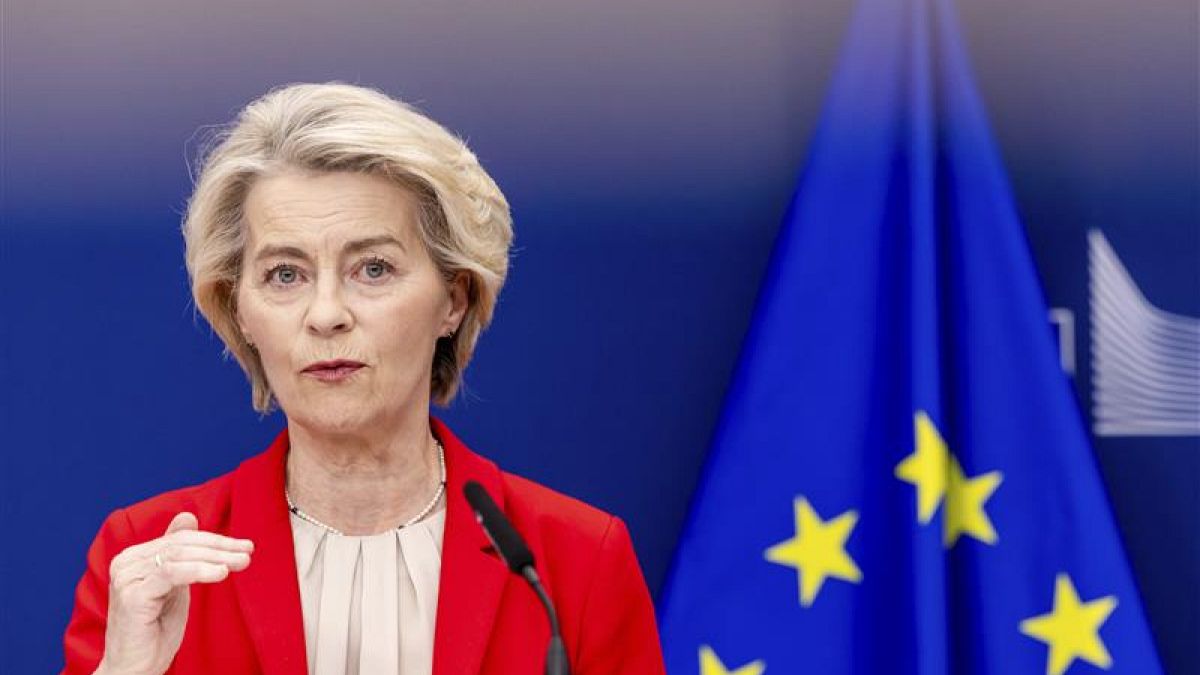

In a world of evolving economic landscapes and international relations, the European Union finds itself at the forefront of strategic shifts. Two pivotal developments have surfaced: a significant overhaul of the EU’s budget framework and a potential trade challenge from the United States. Together, these topics mark a crucial moment for Europe to adjust its policy frameworks and economic strategies.
The European Commission is contemplating a major revision of its long-term budget by proposing a merger of the Common Agricultural Policy (CAP) with the cohesion policy under a unified programming framework. This prospective reshuffle aims to enhance efficiency and effectiveness in fund allocation across the member states, signaling a bold step towards streamlined financial governance within the EU. The adoption of a single framework intends to simplify the financial process, supporting regions and sectors in need of development while maintaining a balance in agricultural support.
As the EU explores this internal restructuring, external pressures are simultaneously mounting. US President Donald Trump has issued a warning of imposing a 30% tariff on EU imports should a mutually agreeable trade deal fail to materialize by August 1. This announcement has sent ripples through financial markets, embodying the complexities of international trade negotiations. Despite the initial market reaction marked by concern, European Commission President Ursula von der Leyen has assured that retaliatory tariffs will not be considered immediately, opting instead for a timeline that allows for diplomacy and dialogue.
The prospect of US tariffs has garnered serious attention among EU trade ministers, who are convening to deliberate on potential responses and strategies. German politician Friedrich Merz has urged calm, stressing the importance of measured discussions to navigate these trade tensions. As part of these conversations, Ireland’s unique economic position is being closely monitored, given its reliance on multinational investments that could be adversely affected by tariffs or retaliatory taxes.
Adding another layer to this multifaceted scenario is the ongoing geo-political climate surrounding Ukraine. The United States is reportedly poised to announce the sale of advanced military equipment, including Patriot air defense systems, to Ukraine as tensions with Russia persist. This move underscores the interconnectedness of economic and security considerations that both Europe and the US must carefully balance.
In the midst of these developments, the EU faces an opportunity to refine its economic and political strategies, ensuring resilience in the face of change. While the budget merger proposal aims to unify and boost efficient fund usage, the potential tariff imposition by the US stands as a crucial test of Europe’s trade relations. As they navigate these challenges, EU leaders exhibit a commitment to maintaining stability and fostering progress through thoughtful, collaborative decision-making that steers clear of conflict and promotes harmonious global engagement.
Source: {link}
